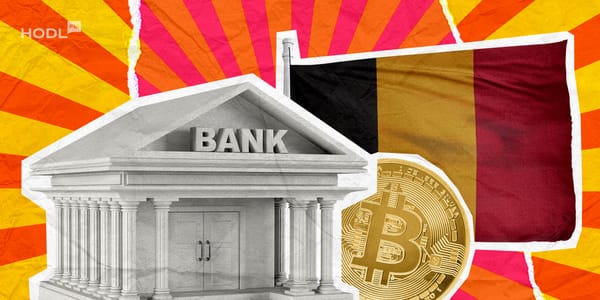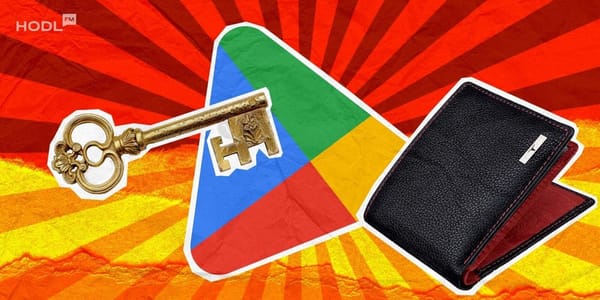The European Union is considering a central wealth registry after spokesperson Eric Mane stated the European Parliament had requested a feasibility study on the registration of assets across EU member states.
Related: How Law Enforcement Struggles with Advanced Crypto Laundering
This study’s proposal revealed the prospects of managing a centralized assets register for tracking citizens’ wealth across the regional bloc as a way of combating money laundering and terrorist financing.
Register all your valuables in a central EU register to help with financial transparency! Bank accounts, shares, cars, precious metals, bitcoin, works of art, your tacky Rolex, register it all so we can fight money laundering. Coming soon, maybe.https://t.co/iPfYrhQf3F pic.twitter.com/VGcZdgVRNT
— Norbert ⚡️ (@bitnorbert) July 23, 2024
If implemented, folks living in the European Union will have to document all their valuables with the register, including their bank accounts, precious metal holdings, bitcoin, fine art, cars, shares, and perhaps even your Rolex watch. However, the EU parliament is yet to discuss the outcome of the feasibility study and provide a final list of the valuables that will appear on the database.
The Problem with Financial Secrecy
The study has been deemed controversial by many, who see it as another threat to human privacy and data protection. However, discussions for a centralized asset registry begun as early as 2022 in the wake of Russian president Vladimir Putin’s war against Ukraine which brought to light the dark side of financial secrecy.
The main challenge that governments in the European Union encountered while enacting sanctions against president Putin’s was the lack of concrete information about assets tied to Putin and his partners. By implementing an EU-wide wealth register, it would be possible to identify the wealth of sanctioned individuals and assist in fighting financial crime. Besides, it has proved difficult with time to crack down on Putin’s cronies who have mastered the art of concealing the location and exact ownership of assets.
WTF? European Union is planning a union wide asset register for all individuals. Bank accounts, real estate, even cars and possibly art & precious metals.
— jvr⚡️ (@jronkain) July 23, 2024
Imagine what will happen WHEN it will get hacked or misused.https://t.co/xEiJvsM66I
As such, leaders of the European Commission, the United Kingdom, Germany, Italy, the United States and Canada committed to launch a task force to help enforce financial sanctions. This resulted to a proposal by Italy’s former prime minister Mario Draghi to draw an international register of Russian citizens with over $10.85 million, and probably end financial secrecy which had ended up benefiting Russian tycoons.
📸 As we prepare to say goodbye to Mario Draghi, we have put together a photo album showing some of the key moments from his term of office. See the photo album here https://t.co/uxXEJMOO5l pic.twitter.com/xL2Gjwl2sM
— European Central Bank (@ecb) October 28, 2019
This registry would assist in identifying, locating and freezing assets of suspicious Russian elites and their family members including safe deposit boxes, yachts, real estate property and shareholdings. However, the proposal by Italy’s prime minister was not a perfect one, but on the basis of his ideas, the European Commission sought to conduct a feasibility study and establish whether such a register would introduce new privacy concerns or had the potential to provide sufficient data to competent authorities in the fight against terrorism, money laundering and perpetrators of crimes against humanity.
More: Italy's Ready to Play with Crypto with New MiCA Guidelines
In general, considerations of a centralized wealth register could be a major leap for the European Union in upholding financial transparency and tackling illicit activities. However, the regional bloc is yet to undertake subsequent legislative processes to determine the specifics of implementing the feasibility study.
Disclaimer: All materials on this site are for informational purposes only. None of the material should be interpreted as investment advice. Please note that despite the nature of much of the material created and hosted on this website, HODL FM is not a financial reference resource and the opinions of authors and other contributors are their own and should not be taken as financial advice. If you require advice of this sort, HODL FM strongly recommends contacting a qualified industry professional.



